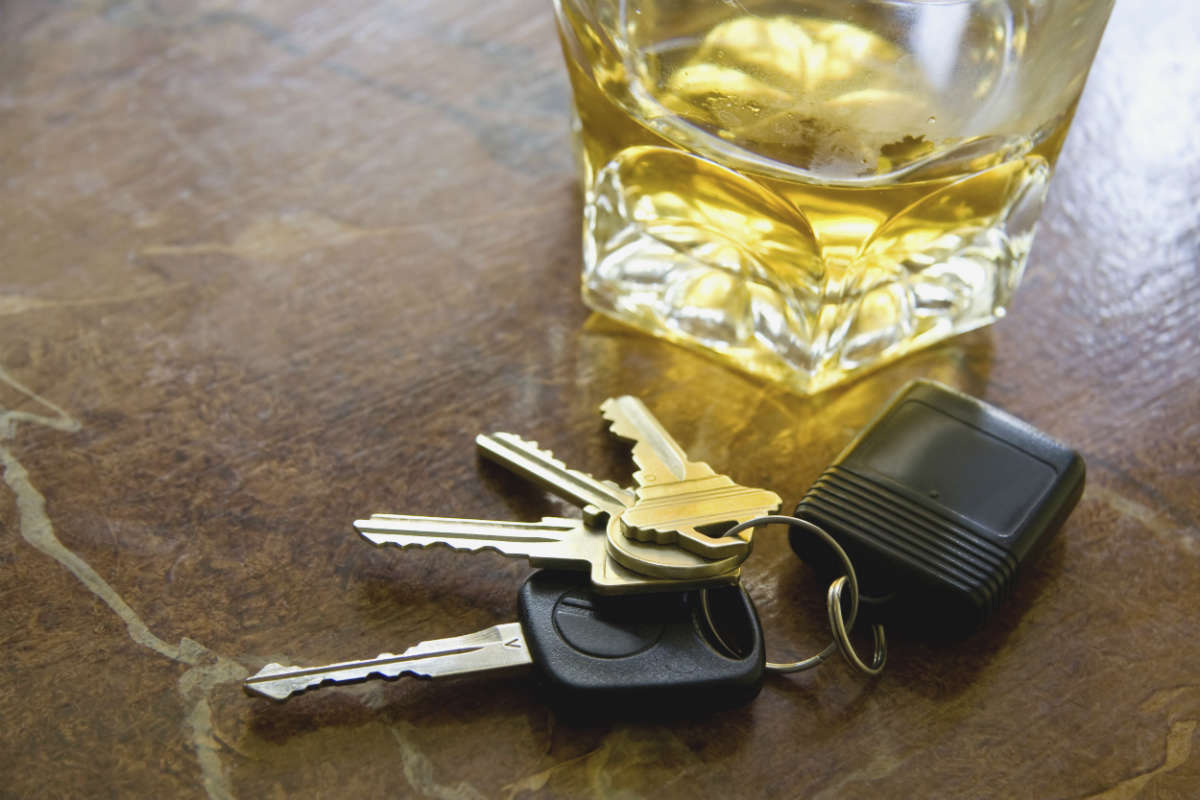[dropcap]E[/dropcap]ven though a blood test is the most reliable test for DUI cases, the breath test is more commonly used. This is because testing equipment for breathing tests is more convenient to use and transport.
Furthermore, breathalyzers can be used by non-medical personnel and produce instant results. However, breath tests results can be argued in court. Read on to know the prospective ways of challenging breathalyzer tests.
Most relied on evidence
DUI or DWI cases mostly rely on breathalyzer tests as their evidence. However, just like any other scientific test, it is prone to mistakes. Your attorney can analyze these results and determine whether they can be used in court. You can fight such a case by criticizing the conduct of the police officers that arrested you and also questioning the effectiveness of the machines that were used.
Accuracy
Most people believe that breath testing machines are always accurate. However, this is not always the case. When analyzing your DWI case, your lawyer should study it as it may be challenged in court. A breath or blood test must meet specific legal and scientific standards if it is to be considered reliable enough for use in court as evidence. If these standards are not met, the jury may disregard the test results or a judge may decide that the test results should be suppressed, that is, not be considered at all. These rules prevent innocent persons from being wrongfully convicted. Traffic officer training
One can also dispute the training and practical experience of the officer that arrested you. Your lawyer can argue your case by stating that the officer lacked adequate training on handling the breathalyzer. A traffic officer must have necessary training on the use of a breath test. If the individual lacks proper training, then his testimony regarding the breath defense test readings will be rendered unreliable.
Medical problems
The results of a breathalyzer test can be affected by many factors. For example, the age, size, strength and lung function of the driver. It can also be affected by presence of diseases, such as diabetes, ketosis, asthma, dental issues, fever, bronchitis, severe heartburn, emphysema, and eardrum rupture. In addition, burping, hiccoughing, vomiting, and special diets can also render the results null and void. Your attorney can use these facts to argue about the results of the breather test.
Equipment malfunction
Just like any other device, breath tests are also prone to malfunctions. There is a potential for the test equipment to fail even after undergoing the needed maintenance. In addition, lack of proper maintenance can also result in fluctuated readings of BAC levels.
Most individuals presume that when the results of the breathalyzer give a reading above the set limit then they are already convicted of driving while drunk. However, there are scenarios where drivers can challenge the results of these tests both on practical and scientific basis. Any uncertainties with the breathalyzer results will have the jury questioning the guilt of the defendant regarding drunk driving.
Janet White is a renowned DUI lawyer. She has worked on DWI cases for 10 years now. You can get more information on breath defense test from her website atwww.thehoustondwilawyer.com.







